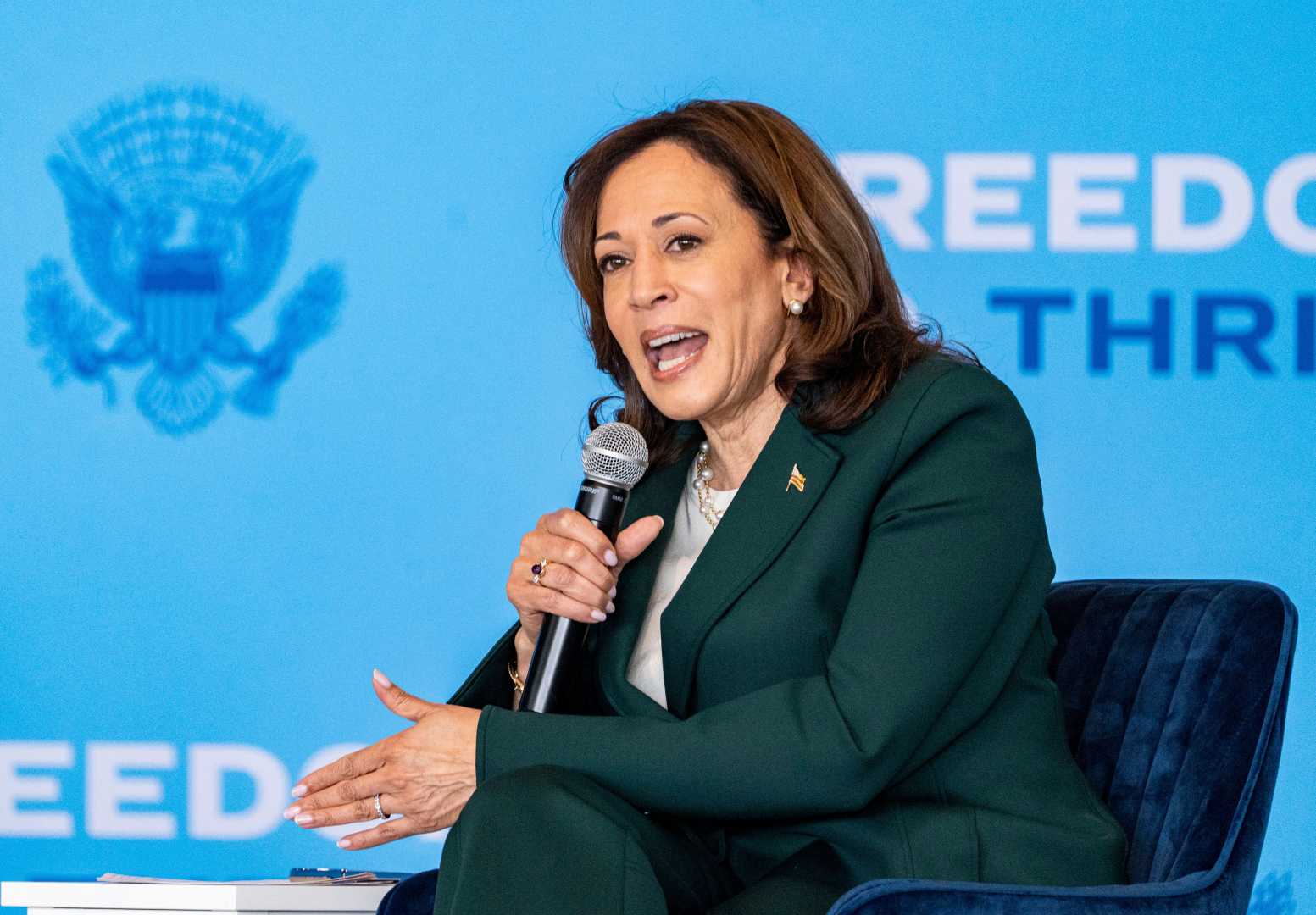Politics
Democratic Race Uncertainty as Kamala Harris Campaign Faces Tight Polls

In the wake of President Joe Biden ending his bid for reelection, Vice President Kamala Harris has swiftly secured the Democratic presidential nomination. Since then, she has led the party’s convention, raised significant campaign funds, and surpassed Biden’s previous poll numbers. However, growing anxiety pervades among Democrats regarding Harris’ campaign’s progress.
Harris’ team dismisses polling data as only reflective of a tight race, despite continuous efforts that have yet to significantly shift public opinion. Sources close to the campaign express concerns about potentially replicating the setbacks of Hillary Clinton’s 2016 campaign.
Strategizing is underway to appeal to various voter demographics and battleground states. Harris’ campaign is focusing on states where victories are crucial to secure an overall win. Strategies include visits to red and rural counties to bridge gaps where Trump previously led, such as Cambria County, Pennsylvania, which saw marginal improvements during Biden’s last campaign.
“A lot of us are having these flashbacks to 2016. We know when it can go the wrong way, and it can still feel fresh,” an unnamed source expressed regarding the campaign’s current trajectory.
Pollsters highlight the deep-rooted apprehension within the Democratic side. Patrick Murray, director of the Monmouth University Polling Institute, notes, “Now, that concern about the polls is just baked in.” He reflects on Harris’ initial surge in support tempered by the reality of a tough electoral showdown.
To counteract previous campaign shortcomings, Harris is motivating grassroots operations and enhancing direct engagement with key demographic groups, including Black and Hispanic voters. Increased personal engagement and the implementation of programs like collective PAC initiatives aim to mobilize these communities actively.
Advisers emphasize increased outreach efforts aimed at Black men and other minority groups at risk of lower voter turnout, warning that complacency could benefit Trump’s campaign. Harris campaign surrogate Cedric Richmond mentions a focused campaign strategy highlighting issues vital to key demographics, such as Medicare and Social Security.
Efforts to tighten support among Latino voters are also in motion, though experts like Chuck Rocha, a Democratic strategist, caution about the disparity between digital engagements and actual votes.
Overall, the Harris campaign is intensively working to unify its diverse voter base and sway undecided voters as Election Day approaches, employing both tried strategies and innovative grassroots initiatives.












